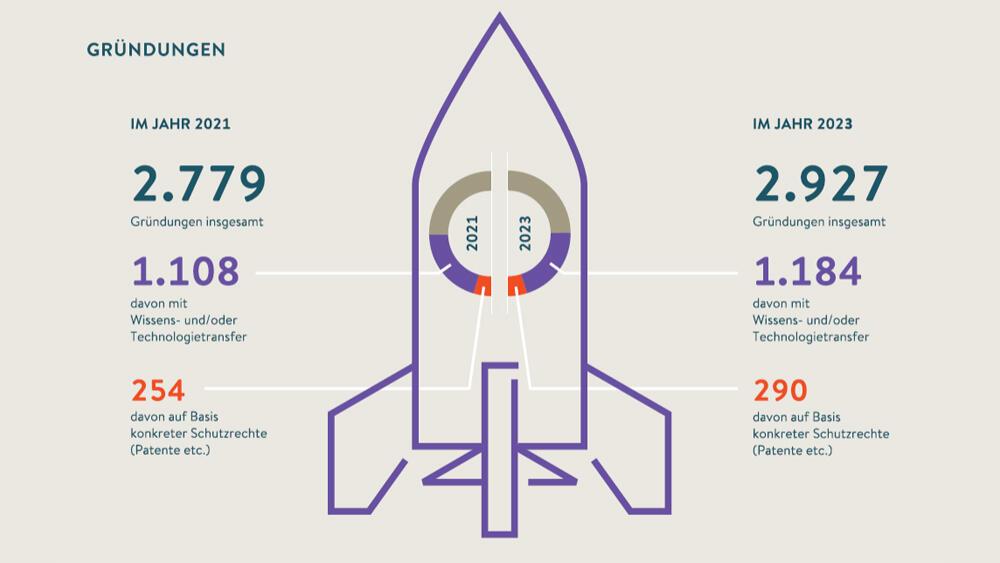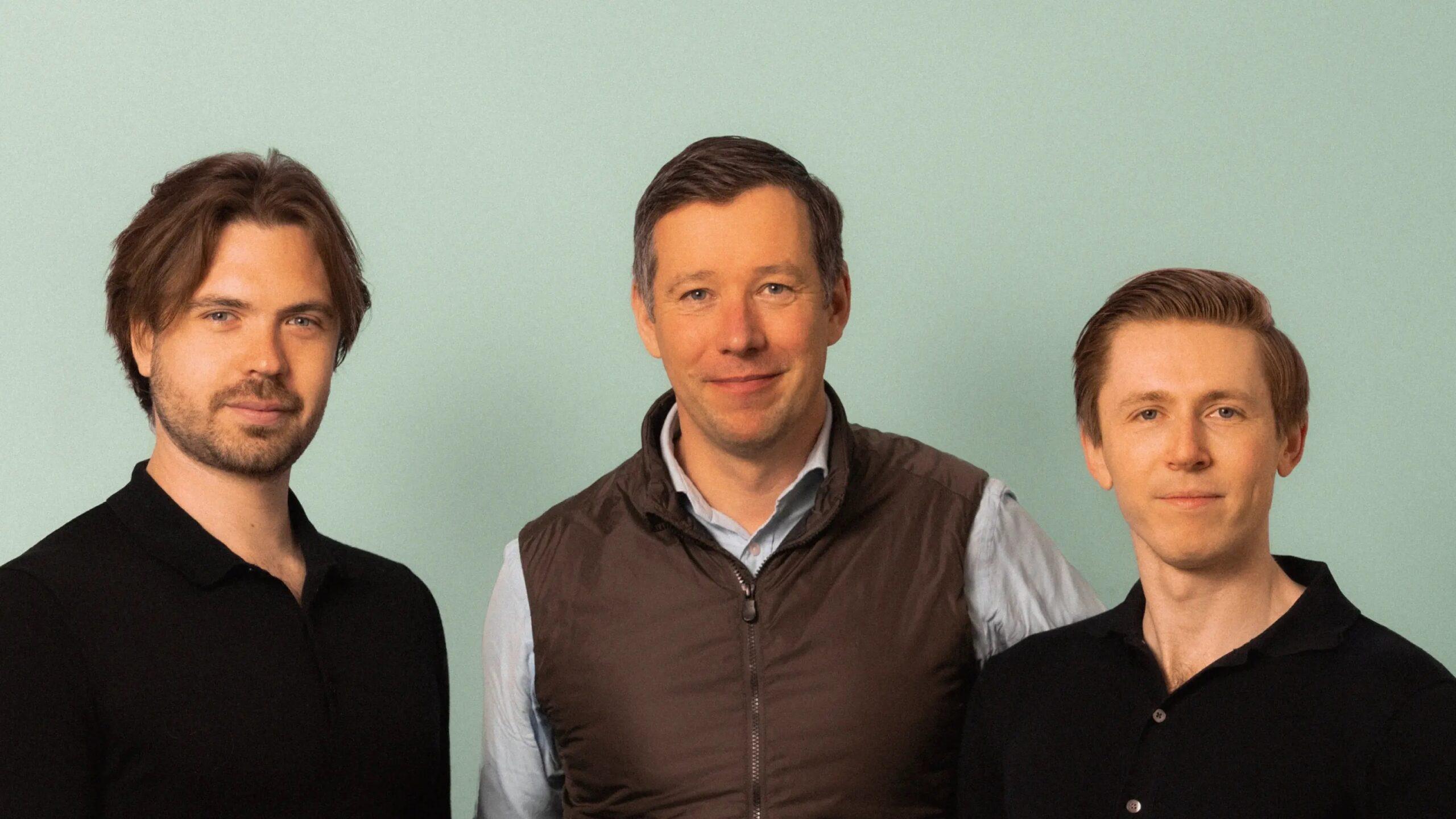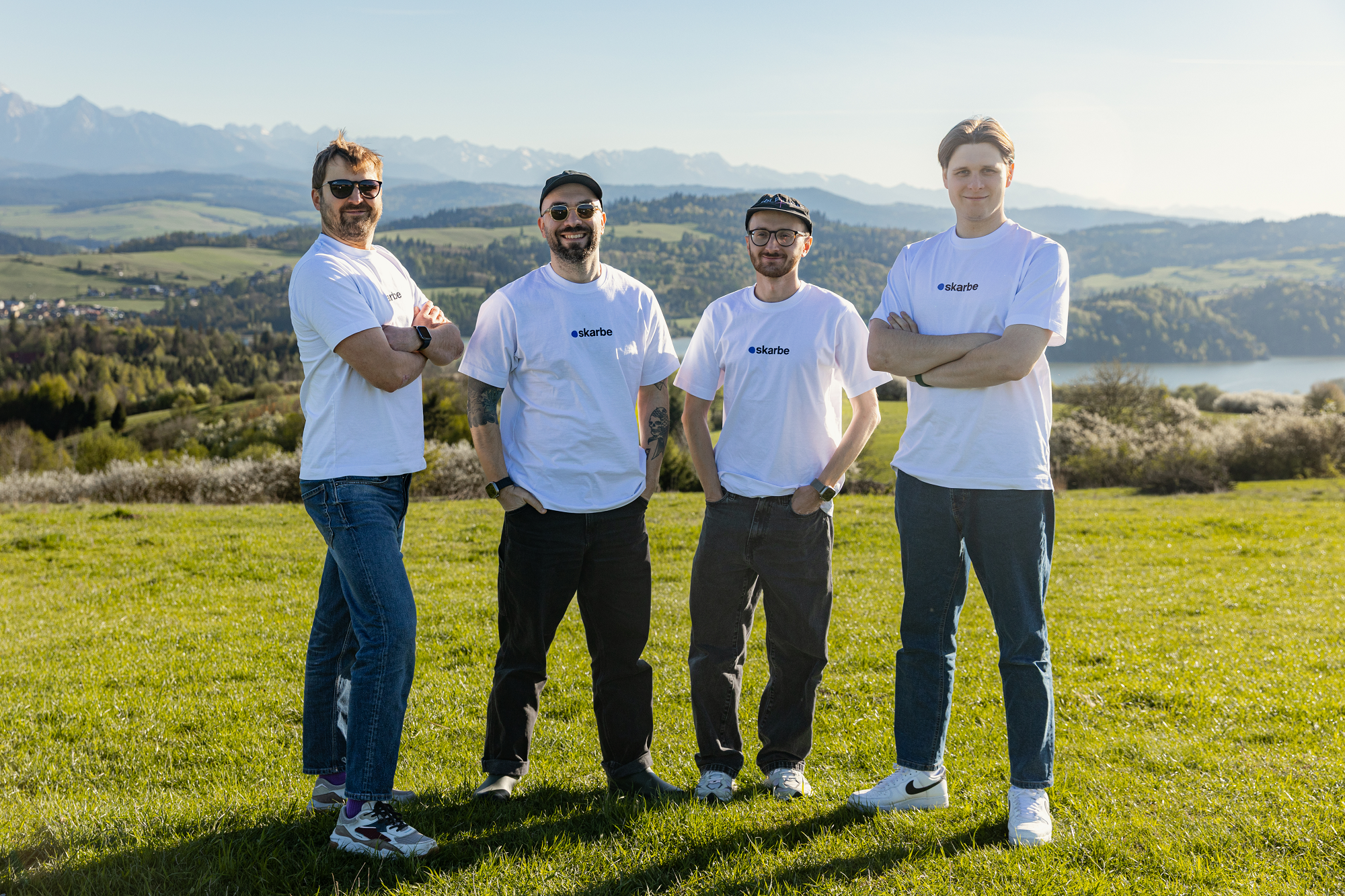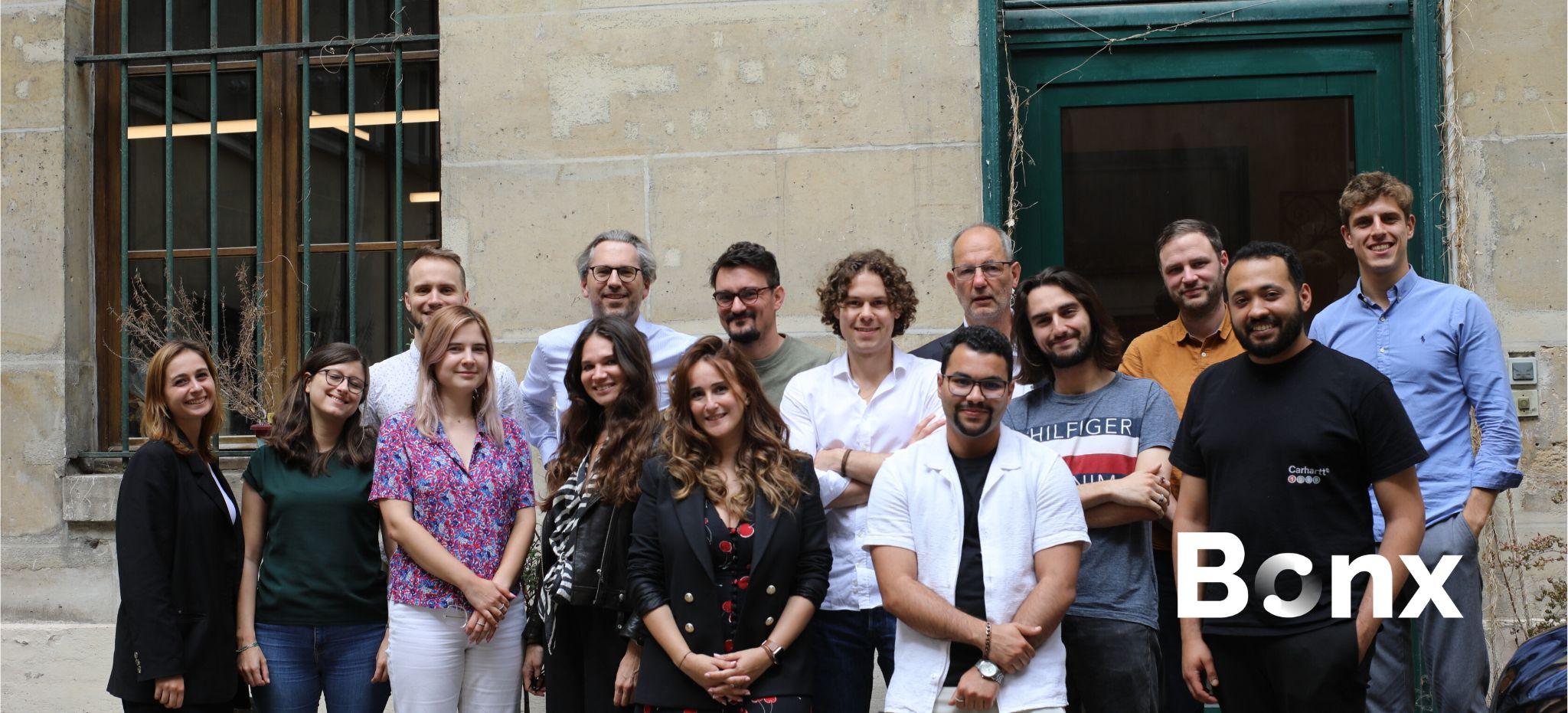The number of start-ups in Germany has halved since 2003

The start-up landscape is still divided into East and West, as a study by the IfM shows. Unknown districts also surprise with a high start-up intensity.
In 2003, there were 507,000 commercial start-ups in Germany; in 2019, there were only 266,000 - meaning the number has almost halved. The Institut für Mittelstandsforschung (IfM) Bonn looked at start-up activity in Germany's districts between 2003 and 2019 and came to the conclusion that start-up activity has decreased, falling by an average of 4.3 percent annually. However, five regions are surprising: in the districts of Görlitz, Marburg-Biedenkopf and Teltow-Fläming as well as in the cities of Leverkusen and Mülheim an der Ruhr, more start-ups were founded each year than in the previous year.
In contrast to the simple count of start-ups per district, the IfM has combined the population figure with the number of start-ups to determine the start-up intensity. Based on the figures alone, the well-known cities of Berlin, Hamburg, Cologne and Munich led the way in terms of start-ups in 2019.
Offenbach surprises
In terms of start-up intensity, on the other hand, the range is widely spread between 22.8 start-ups per 10,000 employable persons in Sonneberg and 126.9 start-ups in Leverkusen. Only eight other districts had more than 90 start-ups, often in the vicinity of large cities: Schwabach near Nuremberg, Görlitz, Marburg-Biedenkopf or Offenbach. The city near Frankfurt am Main is the major exception in the study and is responsible for the increase in the overall maximum number of start-ups in the statistics: Offenbach's start-up intensity showed the highest intensity every year between 2005 and 2013; the IfM attributes the decline thereafter to the "decrease in start-ups from other Eastern European EU countries as a result of the onset of the free movement of workers for people from Bulgaria and Romania at the beginning of 2014".
Fundamentally striking: In 2019, places in western Germany in particular had high start-up intensities, with Bavaria and Hesse leading the way. Districts with few start-ups are mainly found in Thuringia, which contains eight of the 20 districts with the fewest start-ups. They are joined by districts in Sachen, Saxony-Anhalt and Baden-Württemberg.
This puts Baden-Württemberg, like Bavaria, in the top and flop 20 for start-up intensity. The IfM has excluded 2020 due to the coronavirus crisis, but Baden-Württemberg might have done well to do so. As the state's newly published Start-up Atlas shows, 70% of the start-ups included in the atlas have been in existence since 2019 or later - 600 of which are in the pre-seed phase.
The proportion of female founders is low
However, the champion federal states in terms of start-up intensity have another thing in common in addition to their concentration in western Germany. As the Start-up Atlas breaks down, the proportion of female founders is low: in North Rhine-Westphalia it is 12%, in Baden-Württemberg 14%, in Hesse 15% and in Bavaria 16%. The front-runner here is a federal state that has not yet been mentioned: In Mecklenburg-Western Pomerania, 31 percent of start-ups are founded by women. This is followed in the statistics by the federal state of Brandenburg with a 20 percent share of female founders, which is also home to one of the surprising winners of the districts with a high start-up intensity: Teltow-Fläming.
In addition to the IfM's assumption that the regulation on the free movement of workers has an influence on start-up intensity, other factors can also be identified. As the institute writes, the start-up subsidy, which was introduced at the end of 2011, certainly also had an influence on start-ups. While the financial crisis led to an increase in start-ups due to unemployment, declines in the statistics up to 2008 can be attributed to the relaxed situation on the labor market.
In addition, there are districts that show a particularly large difference in start-up intensity between 2003 and 2019; it would be interesting to take a closer look at the conditions here. The biggest winners are Ansbach, Delmenhorst and Wilhelmshaven. Here, too, Hesse dominates as a federal state, with Saxony leading in the other direction. The districts that experienced the greatest decline are Dithmarschen, Rotenburg Wümme and Esslingen.

Newsletter
Startups, stories and stats from the German startup ecosystem straight to your inbox. Subscribe with 2 clicks. Noice.
LinkedIn ConnectFYI: English edition available
Hello my friend, have you been stranded on the German edition of Startbase? At least your browser tells us, that you do not speak German - so maybe you would like to switch to the English edition instead?
FYI: Deutsche Edition verfügbar
Hallo mein Freund, du befindest dich auf der Englischen Edition der Startbase und laut deinem Browser sprichst du eigentlich auch Deutsch. Magst du die Sprache wechseln?



















